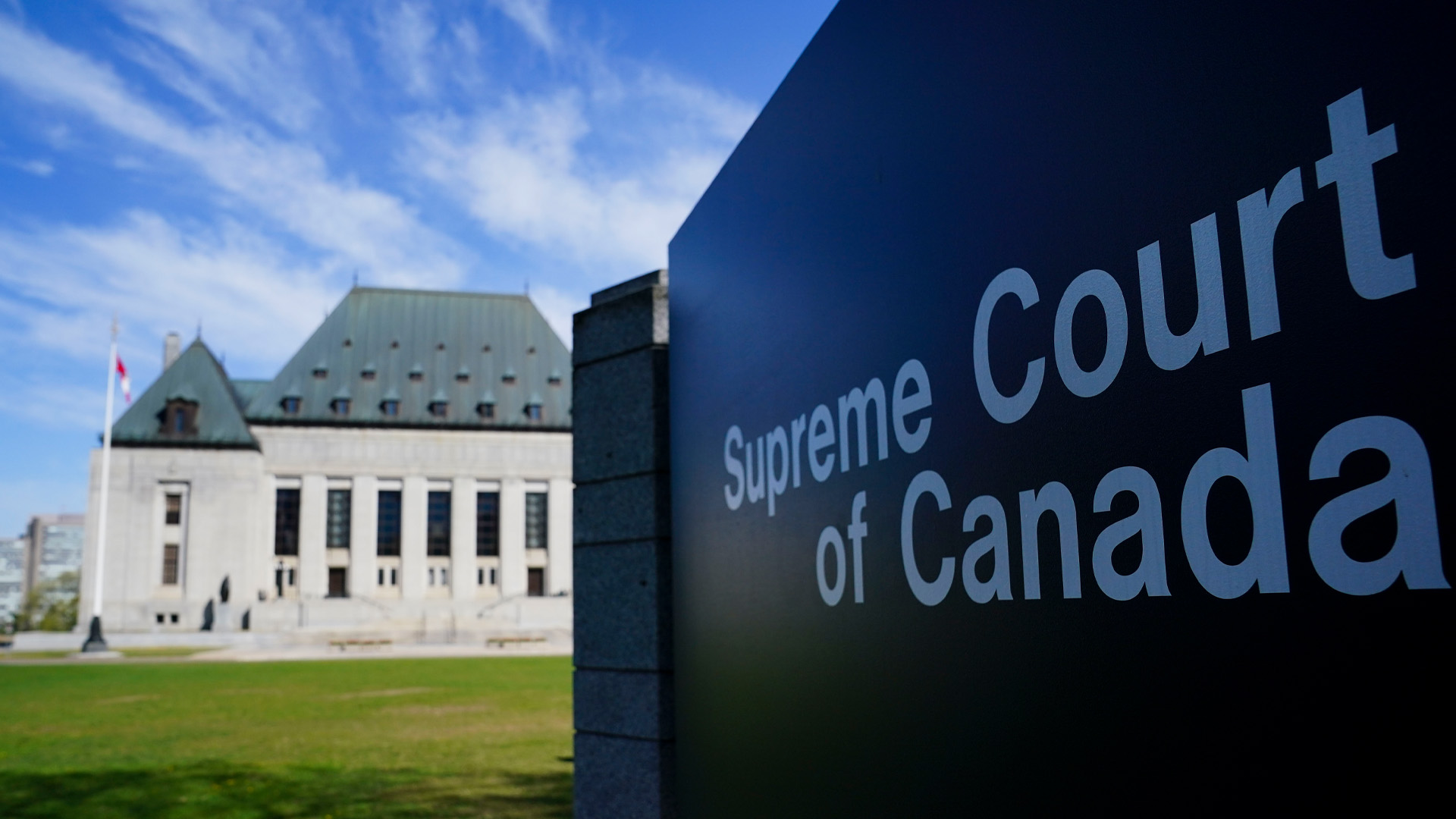
You’re a high school student. It’s the holiday season. After spending an evening watching a hockey game, you and your friends decide to take some magic mushrooms. You’ve had a pleasant experience with them before, so why not? Your friends start enjoying themselves, but you are unaffected, so you take a bit more. You fall into a deep psychotic episode during which you kill your father and grievously injure your stepmother. You did not even recognize them. You are arrested and charged for manslaughter and aggravated assault. Regardless of legal outcome, you will live the rest of your life knowing that you’ve caused your stepmother dire trauma, and that your father’s death is on your hands.
This is the story of Thomas Chan, a 19-year-old from Ontario who may now avoid prison and start on the path to healing thanks to the recent decision of the Supreme Court of Canada in R v Brown. It’s a tragic story that could have happened to many of us.
The reception of the decision in R v Brown has been polarized. While some saw it as a necessary and predictable judgment, others are concerned that it would facilitate gendered violence. In a recent opinion piece, Elizabeth Sheehy, Isabel Grant, and Kerri A. Froc emphasized the risk that men will use the defence of extreme intoxication in sexual assault and intimate partner violence cases.
Their concerns are understandable and have been heeded by the federal government in proposing Bill C-28. Under the newly proposed law, the defence of extreme intoxication would be disallowed if the person’s decision to ingest drugs “markedly departed” from the behaviour of a reasonable person given the risk of psychosis and harm.
This new standard is a nebulous one, as it could be interpreted as encompassing nearly all drug use or none at all. Based on the current text, it is unclear where Thomas Chan’s situation would fall, raising concerns for those who do not think his acts should be punished as manslaughter and aggravated assault. In my view, there are better ways to protect women while preserving the defence. It’s time for the courts and government to get creative.
When I was Thomas Chan’s age, I took magic mushrooms but thankfully did not experience a violent psychotic episode because they are rare. Later, I graduated law school, got to clerk at the highest court in the land and am now a legal scholar. Chan wasn’t so lucky, and his life is now changed forever.
Many people oppose the Supreme Court’s decision, arguing that to risk psychosis by taking drugs is reprehensible enough to justify punishment. But drug-induced psychosis leading to violence is so rare that it is almost never perceived as a genuine risk by those who use drugs.
In Canada, around nine per cent of young adults have used an illicit drug like cocaine, ecstasy, methamphetamines, hallucinogens or heroin in the last year. Around 17.5 per cent of Canadians have used them in their lifetime. These drugs are all associated with a risk of psychosis, though relatively few of those who take them experience extreme intoxication let alone harm others as a result.
People who use these drugs are people you know and love, whose only difference from Thomas Chan is luck. He didn’t choose to have a psychotic episode; he was unlucky. Should we really punish him when hundreds of thousands of Canadians every year make the same choice he did? Has he not been punished enough by the tragic circumstances?
The courts could address the concerns of many by rejecting the defence of extreme intoxication based on alcohol alone. Alcohol is the intoxicant most often involved in sexual and intimate partner violence. Evidence suggests that alcohol cannot cause intoxication so extreme that the person loses control over their actions. As I have previously explained, “[n]erve cells responsible for consciousness and those responsible for coordinated movements both decrease their activity at the same time and speed.”
Extreme intoxication decision is yet another blow to women
Notwithstanding extreme intoxication
The punishing response to the defence of extreme intoxication
Unlike magic mushrooms, if someone is drunk enough to be in a psychosis-like state, they cannot engage in the sort of complex, coordinated movements required for sexual or intimate partner violence. Being “blackout” drunk prevents forming memories. It doesn’t make people lose control over their actions. Judges have already begun to reject the defence based on the understanding that alcohol (and the similar-acting GHB) cannot lead to psychosis-like states.
The federal government can act on its understanding of the science. It could prohibit the defence based on alcohol alone but leave judges a discretion to allow it in the most unusual and extreme of cases, such as when a pre-existing vulnerability is involved. A law informed by science and coupled with discretion would likely pass constitutional muster, while preventing the outcomes that Sheehy, Grant, and Froc warn will be the consequences. In line with a science-based approach, the government could further convene a scientific commission to set a national baseline for whether and when different drugs produce extreme intoxication.
Preserving the defence of extreme intoxication is crucial. This is doubly true when we consider disparities in drug use, which disproportionately increase the risk of drug-induced psychosis among the most vulnerable. People who are homeless, mentally ill, LGBTQ+ and Indigenous are much more likely to use drugs because of marginalization, intergenerational trauma and government-sponsored discrimination. Removing the defence of extreme intoxication, as Bill C-28 threatens to do in practice, would further contributes to their over-incarceration. The Supreme Court’s decision in R v Brown is an invitation for Parliament to get creative. I hope they will accept it.










